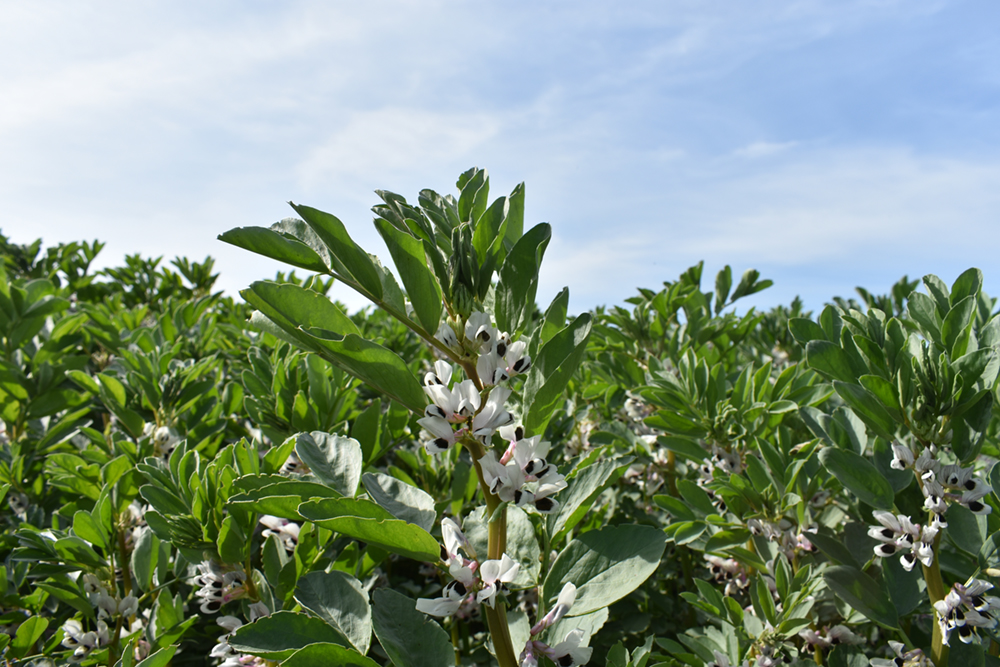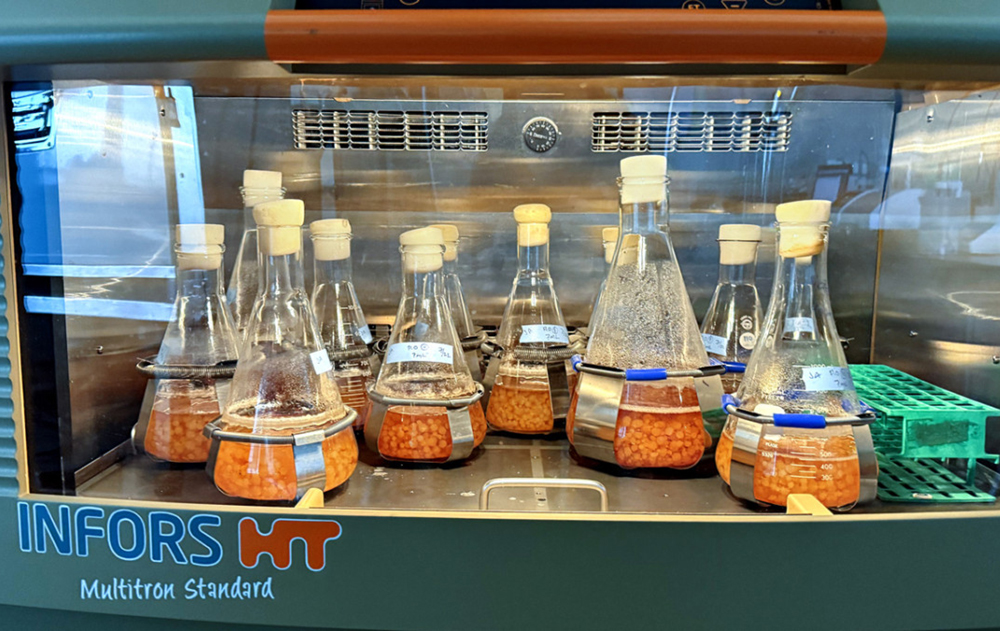

COP30 catering exceeded plant-based targets, but survey found beef still widely available
A new survey by ProVeg Brazil found that just over half of all meals and snacks available at COP30 in Belém were plant-based or vegetarian, surpassing the catering target set by organizers earlier in the year. The findings highlighted progress in offering lower-impact food at the UN climate summit, while also pointing to gaps that could limit access to sustainable choices.
ProVeg carried out the assessment across 19 food outlets at the conference. In total, 51.2% of all items offered were vegan or vegetarian. The result exceeded the 40% target announced by the Extraordinary Secretariat for COP30 during the Bonn Climate Conference in June. Stefany Guerreiro, Food & Nutrition Project Manager at ProVeg Brazil, said the outcome reflected a positive shift. “We are pleased that Brazil has met and exceeded its target for climate-friendly catering,” she said.
Guerreiro said food should be viewed as a core part of climate planning, particularly in Brazil. “Food is a central theme on the climate agenda, especially in Brazil. We can’t discuss the climate crisis without talking about food systems, and transitioning to plant-rich diets is one of the most effective solutions for a person to reduce their impact on the climate,” she said.
Livestock production is Brazil’s largest source of greenhouse gas emissions, accounting for an estimated 60% of national emissions based on calculations using data from the Greenhouse Gas Emissions and Removals Estimation System. Against that backdrop, ProVeg Brazil audited 166 savory dishes and 70 desserts offered at the summit. Of the savory meals, 30.1% were fully plant-based and 21.1% were vegetarian. Desserts showed even greater representation, with 47% of all options entirely plant-based.
ProVeg Brazil said it had been engaged in the planning of COP30 food offerings for months, providing technical support on plant-based menu development and training at preparatory events in Belém. The organization said its aim was to encourage broader adoption of plant-forward meals throughout the conference.
Despite the progress, the survey identified several challenges. One issue was the presence of beef in 12% of savory dishes and snacks. Guerreiro said this was unexpected in the context of a climate summit. “The presence of beef, which is the food with the highest carbon footprint, in an event focused on the climate crisis, is surprising,” she said.
Cost was another concern. Some plant-based lunch and dinner options were priced higher than expected, which ProVeg said could discourage uptake. Guerreiro noted that plant-based meals generally rely on less expensive ingredients. “Plant-based meals generally have cheaper ingredients so they should be more accessible to the consumer. The price can also be an incentive to consume more sustainable food,” she said.
Labeling issues were also reported. Out of the 19 locations assessed, seven had inconsistent signage for plant-based items. In some cases, icons indicating vegan or vegetarian dishes were missing or used sporadically. Guerreiro said this made it harder for attendees to identify suitable meals. “We found menus where the icons were simply not used, or were applied sporadically. This makes the identification of plant-based options unintuitive, requiring the consumer to actively check each ingredient,” she said.
Drink menus also revealed gaps. Of the 26 sites offering beverages such as cappuccinos or lattes, only 34.6% provided a plant-based milk option like soy or oat. The remaining 65.4% offered dairy-only drinks. For attendees with dietary restrictions or those seeking lower-impact choices, this reduced accessibility. Guerreiro said the environmental implications were clear. “It is important to note that, per liter, cow’s milk requires many times more land for its production than soy milk. It is known that deforestation is the largest emitter of greenhouse gasses in Brazil, and that cattle ranching is directly related to this problem, hence the importance of increasing the availability of plant milk,” she said.
The findings underscored both the progress made at COP30 and the distance still to go in fully aligning food offerings with climate goals. While plant-based and vegetarian options exceeded expectations, ProVeg Brazil said the remaining barriers highlighted opportunities for improvement, particularly in pricing, labeling consistency, and the provision of alternative dairy options.
If you have any questions or would like to get in touch with us, please email info@futureofproteinproduction.com

.png)






